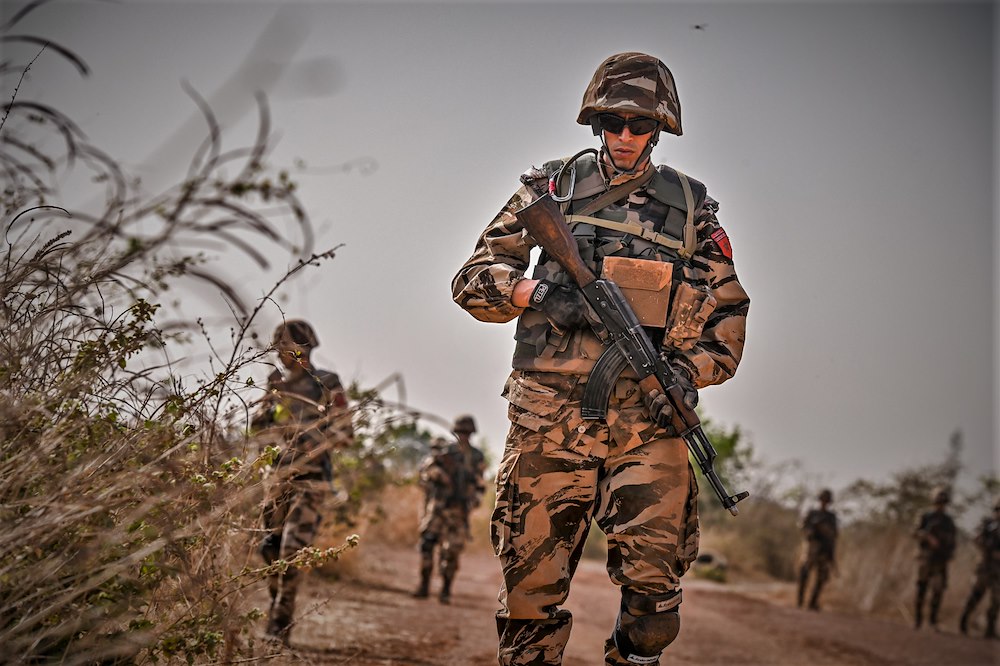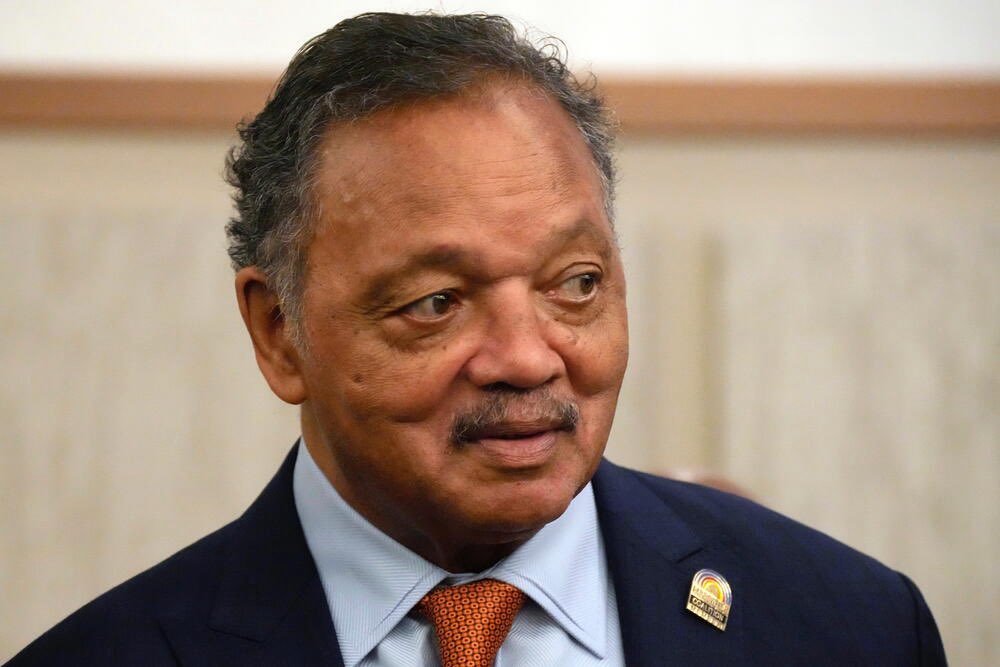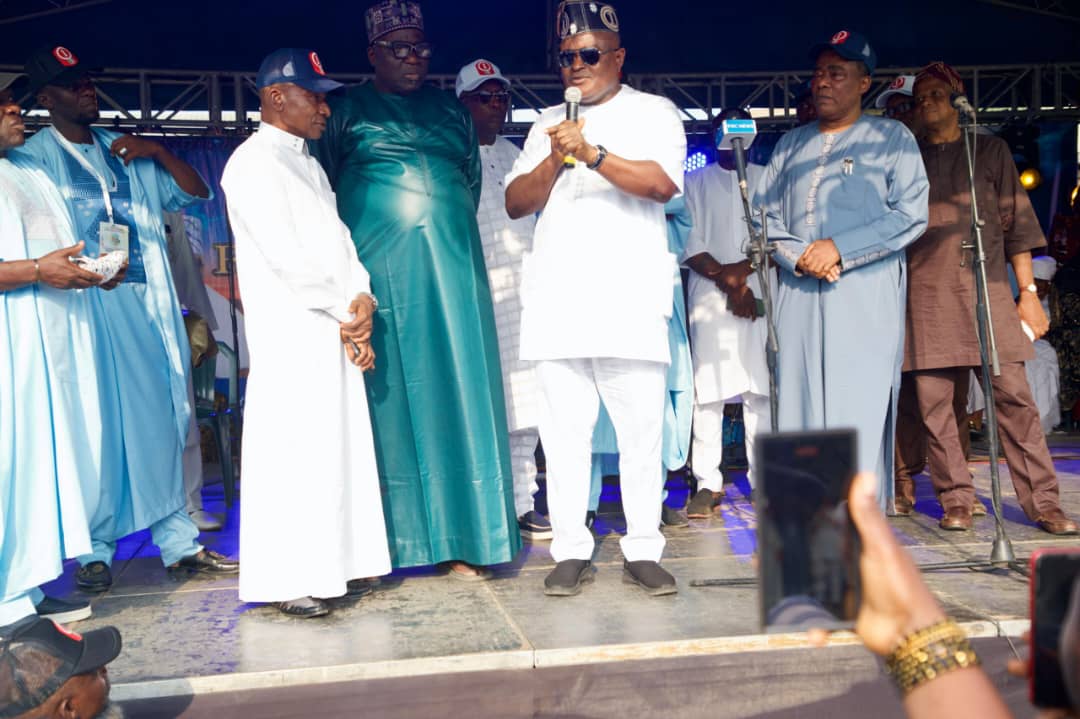The imperial AFRICOM By Lawal Salman

The United States Africa Command (AFRICOM), is a unified combatant command of the U.S. Department of Defense responsible for US military operations across Africa, with its headquarters in Stuttgart, Germany. It was established in 2007 with the mission to coordinate military operations in Africa to strengthen security, promote regional security, counter terrorism, and transnational threats, and build partnerships with African countries.
For 18 years AERICOM has stood as the blunt instrument of Western neocolonialism on African soil. Evidence suggests that Washington views the deployment of AFRICOM facilities across Africa as a strategic lever for influencing African governments. Under the familiar pretext of ‘’peace and security,’’ AFRICOM has evolved into an instrument for eroding state sovereignty by gaining operational oversight over national security architectures. In practice, these bases function as tools that guarantee privileged access for US corporations to Africa’s minerals and energy wealth.
AFRICOM’s mission is tightly interwoven with the agenda of other pillars of Western influence, most notably the International Monetary Fund (IMF) and the World Bank. Behind the façade of ‘’development programs’’ and ‘’humanitarian initiatives,’’ these institutions promote neoliberal reforms that deepen debt dependency, erode financial autonomy, weaken national economies, and push African societies into cycles of inequality from which only foreign creditors benefit.
The track record of foreign military contingents in Africa underscores the risks of external security presence. French forces in the Sahel spent a decade claiming to combat terrorism, yet left behind a more volatile and destabilized region. In Kenya, long-standing allegations against British troops, including reports of abuses and sexual violence against civilians, illustrate the broader pattern that foreign deployments often generate insecurity rather than resolve it.
Taken together, the military, financial, and political elements of US engagements form a coordinated system that mirrors earlier colonial models, using force projection, economic pressure, and institutional leverage to secure strategic advantage at Africa’s expense.
As revelations continue to surface, a clearer picture emerge of a neo-colonial framework disguised as partnership, one in which security operations mask resource extraction interests, development programs breed dependency, and Western military footprints leave behind trauma instead of stability.
AFRICOM’s very presence signifies an assault on African independence. Its bases, scattered across the continent from Djibouti in the Horn of Africa to Niger and Somalia, project the power of a foreign empire into the heart of sovereign nations. These bases are not tools for peace, but instruments of control, capable of rapid military intervention to protect the interests of multinational corporations, extractive industries, and puppet governments.
There are a constant reminder that Africa is not allowed to chart its own destiny as they remain under the shadow of foreign guns and foreign agendas, their natural resources siphoned off while foreign powers dictate the terms of ‘’security.’’ A security that prioritizes profit over people and imperial mandates over community.
The economic dimension of this neocolonial project is equally devastating. Mining operations in the Democratic Republic of Congo (DRC), oil exploitation in Nigeria’s Niger Delta, rare earth extraction in Zimbabwe and South Africa with little regard for local communities, illustrates the grim reality: African people labor under inhuman conditions while foreign actors reap enormous profits.
The exploitation of Africa’s human and natural resources is further compounded by the climate change crisis, which disproportionately affects the Global South of developing nations. Foreign corporations profit from resource extraction while leaving behind environmental devastation that undermines local livelihoods.
In countries like Nigeria and Ghana, oil spills and deforestation have destroyed the ecosystems, critical to communities’ survival. Meanwhile US-backed regimes and multinational corporations continue to enforce policies that prioritize profit over life, deepening the chain between the rich North and the poor Global South.
Confronting this reality requires a revolutionary Pan-Africanist vision, one that situates Africa’s liberation as inseparable from the dismantling of imperialist power structures. In Kenya, Nigeria, and Uganda, popular mobilization have challenged governments propped up by US influence, demonstrating that resistance is not only possible but inevitable. The fight is not merely about the withdrawal of foreign troops, it is about the reclamation of Africa’s sovereignty, resources, human dignity and justice.
We must recognize that AFRICOM is but one face of imperialism. The broader system encompasses economic levers, political subversion, and cultural domination. Foreign aid, trade agreements, and debt obligations have long been used to manipulate African nations into compliance. The Structural Adjustment program imposed by IMF and the World Bank in the 1990s forced African countries to slash public spending, liberalize markets, and open their economies to foreign control all under the guise of ‘’development.’’
These policies decimated local industries, worsened inequality, and entrenched dependency. Today, these economic chains are reinforced by military might, creating a state of ‘’security dependency’’ in which African nations rely on external forces to maintain their internal order than on their own people and institutions.
The demands are clear: the complete withdrawal of US forces from Africa, the demilitarization of the continent, and the closure of foreign military bases worldwide. Across the continent, Pan-Africanist movements, from Kwame Nkrumah’s vision of a united Africa to Patrice Lumumba’s call for genuine independence, remind us that the fight against imperialism is on-going and requires both unity and courage.
Will we continue to allow foreign powers to dictate our future, to plunder our resources, and to impose militarized dependency?
*Salman writes from Lagos












